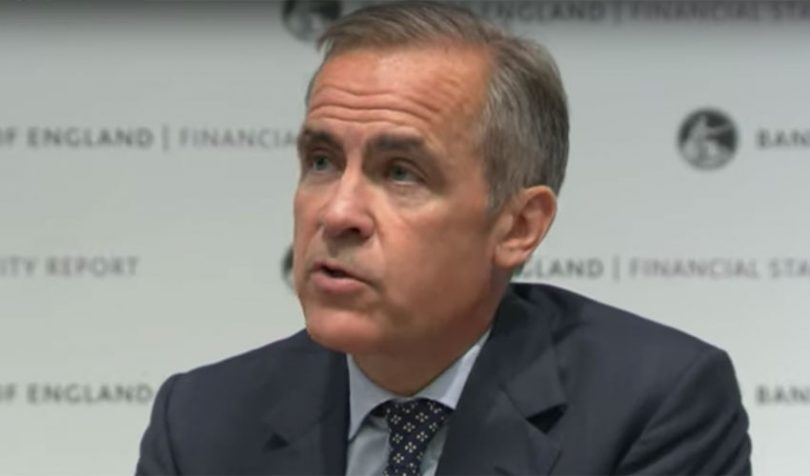Facebook’s Libra project has encountered significant pushback from regulators around the world. Mark Carney, Governor of the Bank of England, has been one of the more supportive figures. Yesterday, in a speech about the Financial Stability Report, he was asked about Libra.
In his response, the challenges that Libra faces became clear. It’s not just regulatory and competition issues. It’s execution. Carney emphasized that other technology startups have bugs and learn as they grow, but Libra can’t do that. It has to get it right from day one. Facebook’s “move fast and break things” won’t wash.
Below is a quick transcript of his comments.
Mark Carney Transcript
The G7 immediately struck a working group and that working group is up and running. It’s engaged across the officials and with the consortium as necessary, to understand the proposition and to consider the wide range of risks and associated opportunities with it. In terms of sequencing, you have an issue which at present is structured largely around the G7 currencies. And so it’s natural that the G7 take a lead at least initially. But obviously, this would broaden out to the FSB [Financial Stability Board] in time.
In terms of the issues, there are a very broad range of issues. The first though is that it’s either successful or it isn’t. If it’s successful, it becomes systemic, because it would involve a very large number of users. And if you’re a systemic payment system, it’s 5-sigma. You have to be on all the time. You can’t have teething issues. You can’t have people losing money out of their wallets like you do in other… The standards are in a different zip code, to use the American term, than the standards often in other forms of technology and interaction. That’s the first thing, and that relates to cyber and other issues.
Secondly, there are very important issues around the design of the actual stable coin, and I won’t get into the deep details of that here. But that has to be rock solid. That has to be unquestioned, in terms of the ability to exchange in and out. There can’t be any – sorry for the technical term – basis risk. There can’t be any rebalancing risk. There can’t be anything that would give rise to some form of speculation about the stability of something that has to be absolutely stable. Because it’s got to be on the continuum of a payments system as opposed to a monetary unit. A host of issues around that.
Then there’s a host of issues around managing the underlying assets. Where the custody is for those underlying assets. It’s a tough job for the treasurer to think about managing the underlying assets given the flows in and out.
Fundamentally there’s issues around anti-money laundering and counter-terrorism financing. Again this is not learn on the job stuff. It’s got to be rock solid right from the start. Or it’s not going to start.
I should circle back to the start. Which is we as a community, I think the G7 recognizes this, and certainly the Bank of England does; We’ve got to recognize that this is trying to solve a series of issues that exist in the system.
It’s way too expensive to do domestic payments. It’s way too slow. And that hurts consumers and businesses. It stifles innovation. And it’s far too expensive to send money cross-border. And there are huge financial inclusion issues related to that and costs related to that. So, while we are trying to address all these issues, we have to absolutely acknowledge the problem that they’re trying to solve. And if it’s not this, we’d better have some answers for what else it is.
If nothing else, this serves the purpose of raising the bar or expectations of what our citizens deserve.
Jon Cunliffe transcript
Jon Cunliffe, deputy Governor who is the representative on the G7 working group then spoke:
I will just add two points. If you think about the current payments system, the number of actors in it. There are banks, there are the payment systems, there are the people who provide the credit cards, there are people who provide the interfaces between the credit card and the reader in the shop. This isn’t just about creating a coin. This is about creating an ecosystem.
And the important thing is to make sure that all parts of the ecosystem are safe and meet the standards that people really demand when they’re making payments and storing their money in a wallet or account that enables them to make payments.
It’s the whole ecosystem that matters. And the time to think about these things and get them right is when you’re developing it. Rather than developing one part of the system and then just see how the rest develops.
The other point I’d make is there are other authorities who will be involved in this as well. Data protection is a big part of it. That’s not for finance ministries or central banks. In the main, competition issues and the like. So there are a number of big issues that will need to be discussed and resolved.






